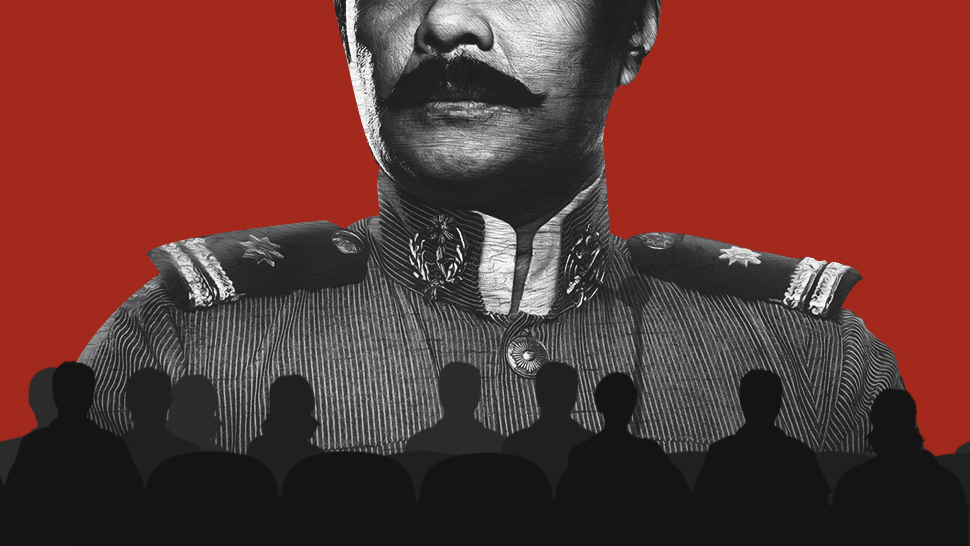


Just as the novel to contemporary audiences perhaps is the revelation that the struggle against the Americans was much weakened by the factionalism among the leaders of the revolution, with a minority composed of Mabini and Luna absolutely dedicated to the ideal of independence, being undermined by a majority of wealthy entrepreneurs who thought nothing of switching loyalty from Spain, to the Republic, and then to the US to protect their own interests. In a society that continues to enthrone family as the supreme institution, the thought that family is also the principal obstacle to our unity as a nation is an unsettling epiphany that is much needed in our times. Practicing what he preached, Luna allowed his brother Joaquin to languish in jail to atone for the drunken brawl he caused because of a woman.

In another, Luna uses a stick to drive out relatives of officers who occupied the train that was supposed to transport much-needed troops and ammunition to Bataan. In one scene, Luna lashes out at the ilustrados who refuse to go to war with the Americans because it would be bad for their businesses and their families. Rocha, and Jerrold Tarog articulates its most important insight, that in the struggle to defend our independence from the American invaders, “we (Filipinos) are our own worst enemies” because we cannot think beyond the narrow confines of clan and family. Through this engaging narrative, the screenplay of Henry Francia, E.A.
#HENERAL LUNA MOVIE PROFESSIONAL#
Heneral Luna was food for the eye, the brain, and the heart.Ĭovering the period from around 13 August 1898 to 5 June 1899, the screenplay merges fact and fiction to flesh out the character of General Antonio Luna, General-in-Chief of the Philippine armed forces, as he is defined by his efforts to transform the scattered military units of the revolution into a professional fighting army for the Republic, his conflicts with the vacillating Emilio Aguinaldo, the opportunistic ilustrados, and undisciplined soldiery, and his tragic assassination in Cabanatuan. Such reception seemed to have been warranted by a script that offered some very sharp insights into Filipino society, and by the superior quality of its direction, acting, cinematography, and editing. In the last half century Heneral Luna has emerged as a cinematic phenomenon, not only for its budget (at 80M plus, one of the biggest in recent history) but for the tremendous reception it got at the box-office, with shows extending to many weeks as word of mouth spread like wild fire and eventually earning an unprecedented gross income of P 240M when it closed. HENERAL LUNA: APPRECIATION AND RESERVATION


 0 kommentar(er)
0 kommentar(er)
